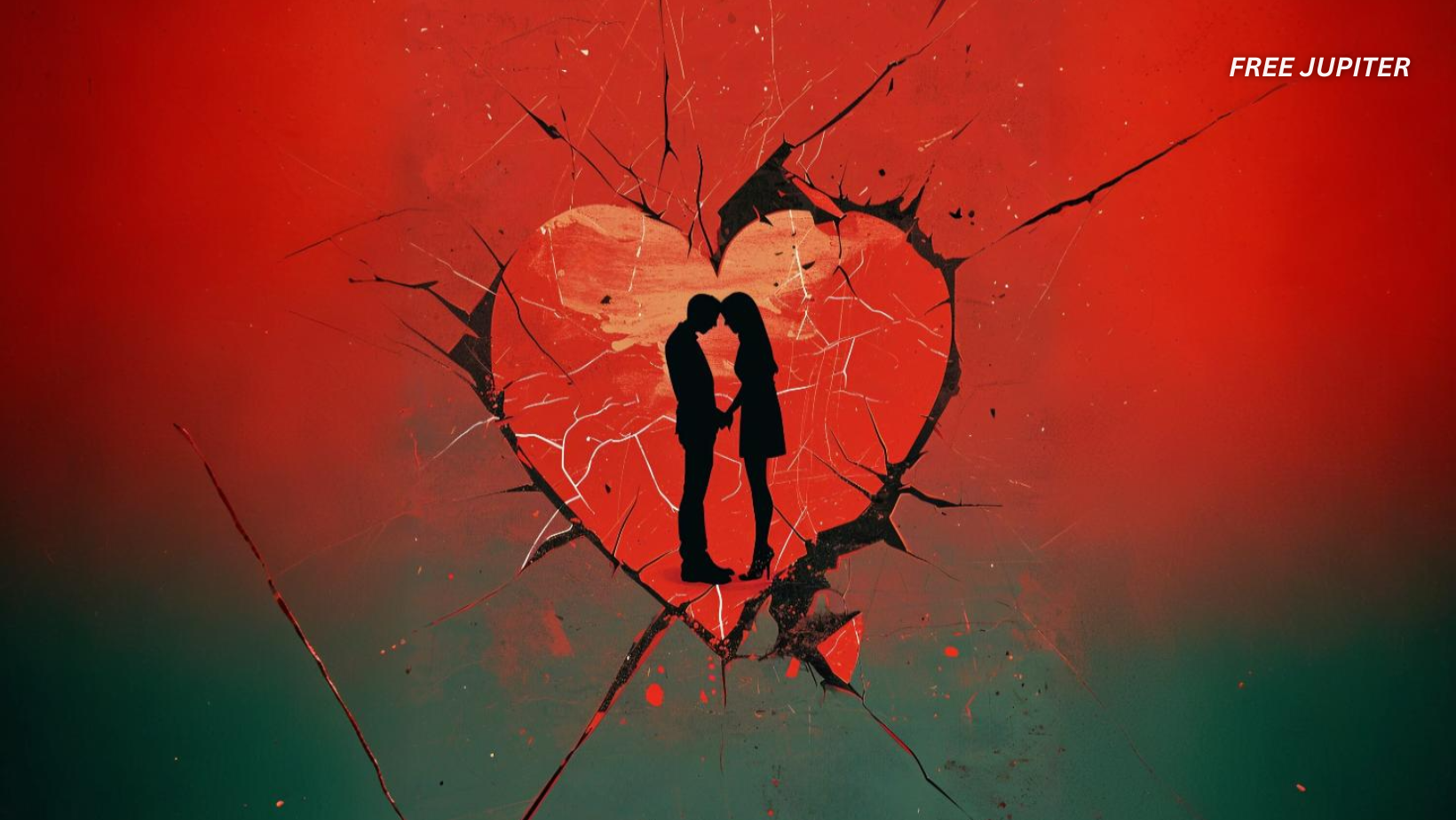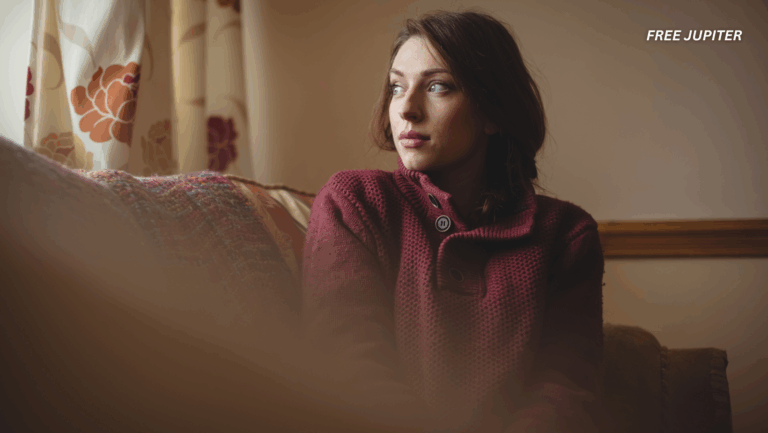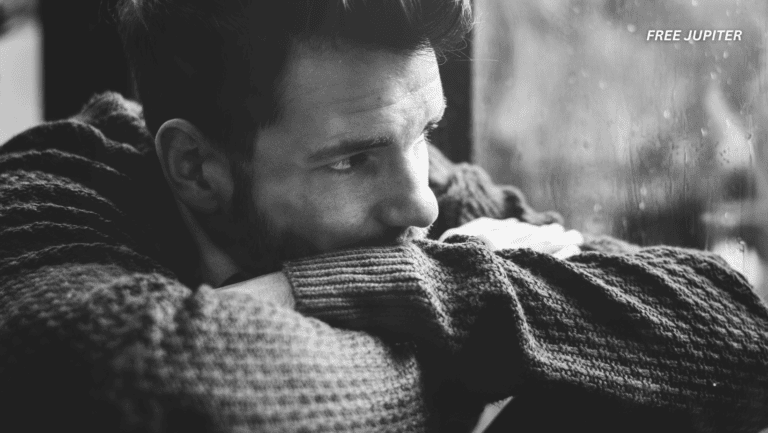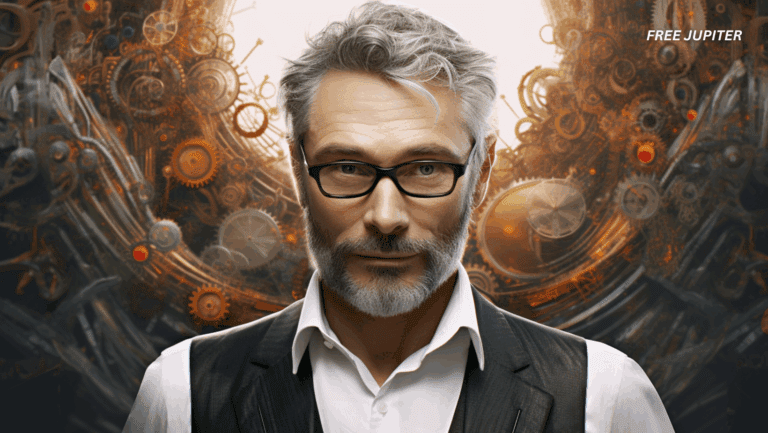Friendly Note: FreeJupiter.com shares general info for curious minds 🌟 Please fact-check all claims—and always check health matters with a professional 💙
Falling in love is often portrayed as a magical accident, like slipping on a banana peel and landing in someone’s arms. But when you fall in love, real love, the kind that builds lasting relationships, requires much more than chemistry or charm. It calls for deep introspection. If you’re serious about finding healthy, secure love, there are crucial things you need to ask yourself before you fall.
That flutter in your chest might be a spark, or it might be your attachment style sounding the alarm. Understanding the difference can save you heartache. So before you get swept away by a new connection, take a moment. Ask yourself these three questions. They could help you choose love with intention instead of just emotion.
1. What Is My Attachment Style – and How Does It Affect the Way I Love?
Why This Question Matters
Before you can truly connect with someone else, you need to understand how you connect in the first place. This is where attachment theory comes in. Originating with psychologist John Bowlby and later expanded by Mary Ainsworth, attachment theory explains how our early childhood experiences shape the way we form bonds in adult relationships.
There are four primary adult attachment styles:
- Secure: Comfortable with intimacy and autonomy
- Anxious: Craves closeness, but fears abandonment
- Avoidant: Values independence, struggles with emotional closeness
- Fearful-avoidant (Disorganized): Desires intimacy but fears getting hurt
Research published in the Journal of Personality and Social Psychology (Hazan & Shaver, 1987) found that adults with a secure attachment style tend to have healthier and more stable romantic relationships. Meanwhile, anxious and avoidant types often face challenges with emotional regulation, conflict resolution, and long-term satisfaction.

The Hidden Patterns That Drive Your Attraction
If you’re anxious, you may fall for people who seem emotionally unavailable, triggering your fear of abandonment but keeping you hooked. If you’re avoidant, you may be drawn to people who need a lot of emotional reassurance, only to feel smothered later. These are unconscious dynamics that feel like “chemistry” but are actually reenactments of old wounds.
Understanding your style isn’t about labeling yourself as “bad at relationships.” It’s about recognizing your wiring so you can start to make conscious choices in love. Dr. Amir Levine, author of Attached: The New Science of Adult Attachment, emphasizes that secure relationships are built when both partners can meet each other’s emotional needs without triggering panic or shutdown responses.
Ask Yourself:
- Do I get anxious when someone pulls away or doesn’t respond?
- Do I feel suffocated when someone gets too close?
- Am I constantly second-guessing my partner’s feelings, or my own?
These aren’t just personality quirks. They’re signs of your attachment blueprint. And knowing your blueprint can help you avoid confusing intensity for intimacy.
2. Am I Choosing Love From Wholeness – or From a Wound?
What Drives Your Desire for Love?
Before falling in love, it’s essential to explore why you’re seeking connection. Are you hoping for partnership, or are you trying to fill a painful gap within yourself? Are you looking for someone to share your joy—or to fix your loneliness?
Psychologists call this difference “interdependence vs. codependence.” Interdependence means two people support each other while remaining whole. Codependence means one or both partners rely on the relationship to define their self-worth.
Studies from the Journal of Social and Personal Relationships show that individuals with high self-esteem and a secure sense of identity report greater satisfaction in relationships. They’re more resilient during conflict, less likely to lose themselves in the partnership, and better equipped to communicate needs.
The Danger of Falling in Love to Escape Yourself
Falling in love when you haven’t yet developed emotional self-reliance can set you up for heartbreak. If your self-worth depends on someone else’s affection, every disagreement will feel like a threat. Every silence will sound like rejection. Over time, this leads to emotional volatility, jealousy, or people-pleasing.
Therapist and researcher Brené Brown often discusses the concept of “belonging to yourself first.” That means knowing who you are, what you value, and how you handle discomfort, before you expect someone else to love you through it.
It’s not that you have to be completely healed before entering a relationship (no one is). But if you’re bleeding from past wounds, love can’t be the bandage. It will just get messy.
Ask Yourself:
- Am I looking for love to feel worthy, or to share joy with someone else?
- Do I know how to self-soothe when I feel anxious or lonely?
- Am I hoping someone will save me from something I should face myself?
If the answer to these is yes, you don’t need to shut yourself off from love. But you might want to slow down and do some self-work first.
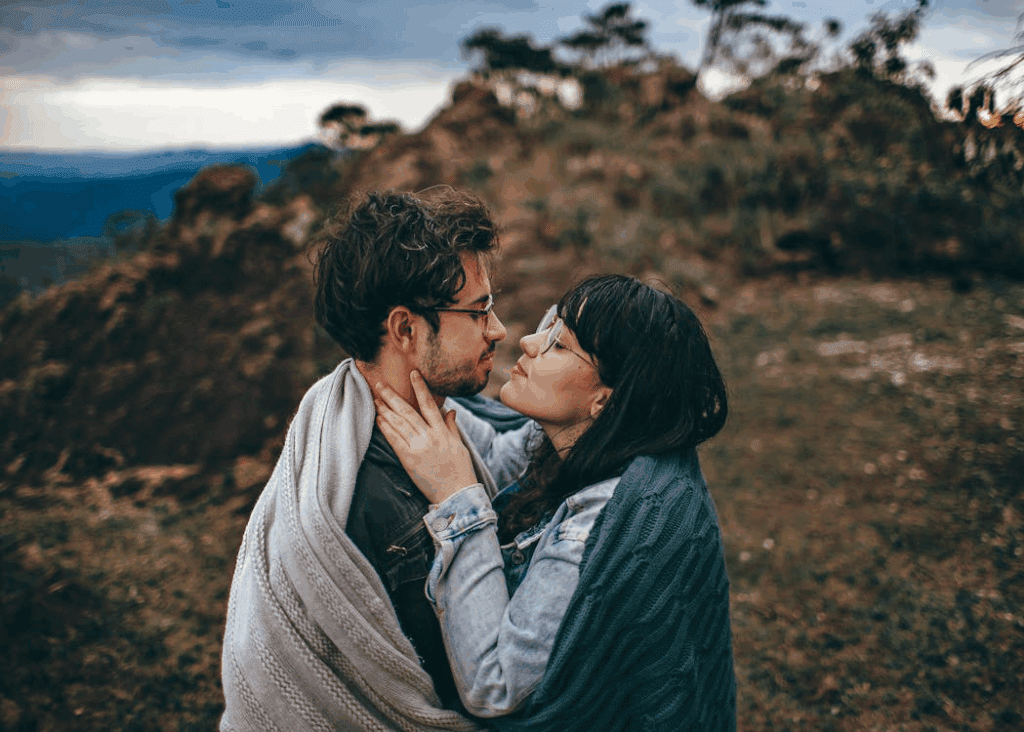
3. Do I Know the Difference Between a Real Connection and a Trauma Bond?
Intensity Isn’t Intimacy
That rush of butterflies. The magnetic pull. The sense that you’ve known them your whole life. These feelings are often romanticized in movies and pop culture. But sometimes, they’re not signs of compatibility. They’re signs of emotional reenactment, especially if you’ve experienced past trauma.
A trauma bond occurs when someone becomes emotionally attached to a person who activates their wounds. This bond is forged through cycles of emotional highs and lows, inconsistent affection, or even manipulation. It’s common in relationships with narcissists or emotionally unavailable partners.
Psychologist Patrick Carnes, who coined the term “trauma bonding,” describes it as an emotional addiction. You become hooked on the dopamine spikes from reconciliation and the hope that things will get better, even when the relationship is harmful.
How to Tell If It’s Real or Reenacted
One of the most dangerous things about trauma bonds is that they feel intense and irresistible. You may confuse this with a soulmate-level connection. But in a secure, healthy relationship, love feels steady, not chaotic. You feel safe being yourself. You’re not afraid of saying the wrong thing or losing the person’s affection at any moment.
As psychotherapist Nedra Glover Tawwab explains, “Love should not feel like anxiety.” If you’re constantly walking on eggshells, reading into texts, or needing dramatic gestures to feel secure, you’re not experiencing deep love, you’re experiencing dysregulation.
This is especially important for people with a history of inconsistent caregivers or emotionally turbulent childhoods. What feels “familiar” may not be healthy. And what feels “boring” may actually be secure.
Ask Yourself:
- Am I addicted to the emotional rollercoaster in this connection?
- Do I feel more anxious than safe in their presence?
- Would I still want this person if the excitement faded and life got quiet?
Falling for someone who activates your trauma doesn’t mean you’re broken. It just means you have patterns that need attention. The good news? You can rewire them.

Choosing Love With Clarity, Not Just Chemistry
Love shouldn’t feel like a gamble. It should feel like a choice. One made with open eyes, a steady heart, and a clear sense of self.
When you understand your attachment style, you stop blaming yourself or others for relationship patterns – you start changing them. When you pursue love from a place of wholeness, you attract people who want to build with you, not fix or rescue you. And when you learn the difference between a trauma bond and a true bond, you give yourself the gift of peace over chaos.
Falling in love doesn’t have to be passive. You get to ask questions, set standards, and pause when needed. You get to vet your heart’s direction. Because who you choose to love, and how you do it, shapes your future more than almost anything else.
So, before you give someone your heart, give yourself your attention.
Ask. Reflect. Then choose.

